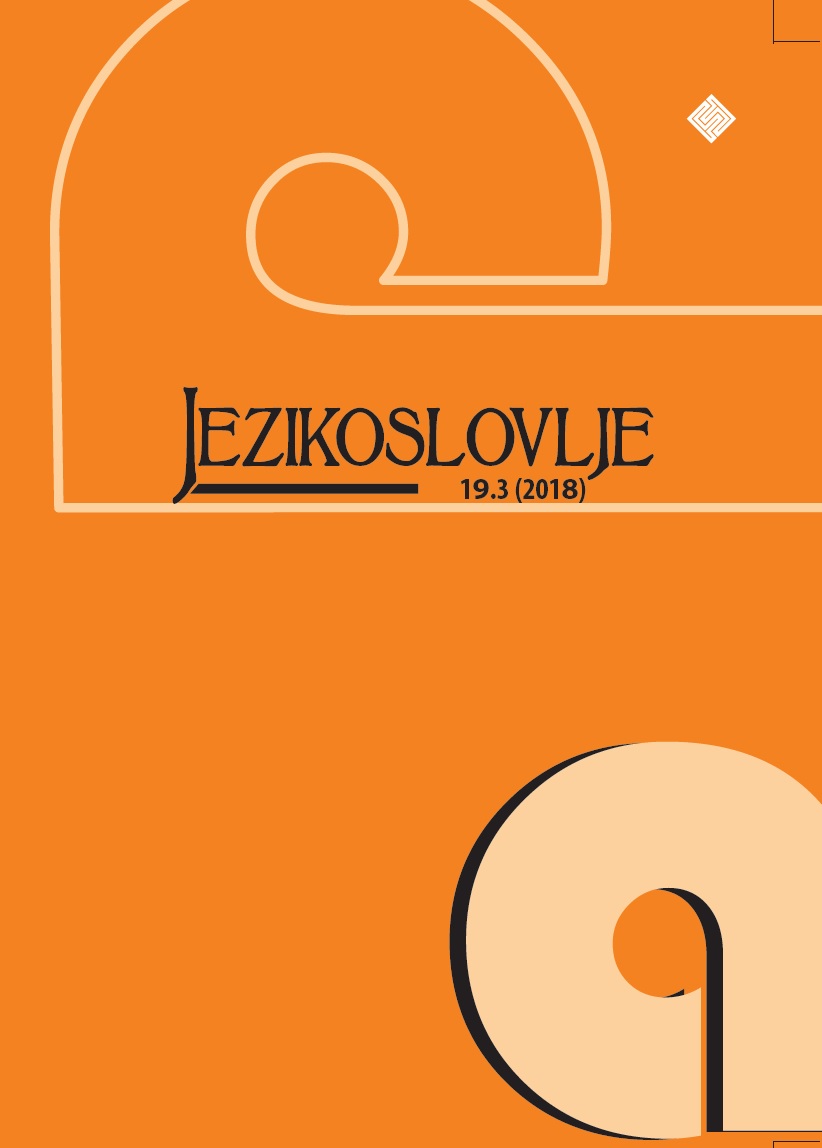Similar intentions with different underlying wishes: Intensional profiles of imperatives in Hungarian
Similar intentions with different underlying wishes: Intensional profiles of imperatives in Hungarian
Author(s): Judit KleiberSubject(s): Language studies, Language and Literature Studies, Theoretical Linguistics, Semantics, Pragmatics, Finno-Ugrian studies
Published by: Filozofski fakultet, Sveučilište Josipa Jurja Strossmayera, Osijek
Keywords: imperatives; discourse markers; pragmasemantic analysis; BDI states; authority;
Summary/Abstract: The paper investigates imperative sentence types in Hungarian focusing on the pragmasemantic contribution of discourse markers. It follows Lauer (2013) in assuming that – though illocutionary force varies widely – sentence types can be associated with conventions of use. The aim is to capture how the addition of extra elements can specify the domain defined by the generalized pragmasemantic representation of imperatives. For the analysis, the formal dynamic discourse- and mind-representation theory ℜeALIS (Alberti & Kleiber 2014) is applied. The paper presents how the central component of imperatives can be captured with an intention-based axiom, and how the pragmasemantic description of the numerous uses – often signaled by dis-course markers – can be generated by “monotonously increasing” the basic in-tensional profile. This typically means the specification of the formula characterizing the interlocutors’ desires behind the utterance, and/or adding elements representing authorities of various kinds.
Journal: Jezikoslovlje
- Issue Year: XIX/2018
- Issue No: 3
- Page Range: 365-391
- Page Count: 27
- Language: English

